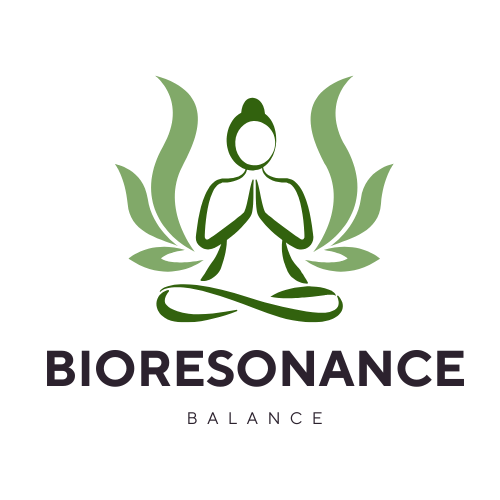Create Next Level Energy
Balance Your Energy, Elevate Your Life.
Leading The Bioresonance Revolution
Transform your Inner State, Transform Your Life
Building Physical and Mental Health
Relieve Stress
Create a sense of calm and peace
Sleep Better. Wake Clearer.
Rest isn’t just about time—it’s about quality.
Support release of Serotonin and Dopamine
Inner Balance, Outer Transformation
Optimize Energy, Focus & Recovery—from the Inside Out
Get the free guide that’s helping biohackers and high-performers supercharge recovery and clarity using frequency-based therapy.
Natural Healing
Bioresonance technology helps clear energetic stress so your body can self-regulate more effectively.
Certified Therapies
Bioresonance is built on decades of research and global use.
Happy Clients
More than 100,000 people have used bioresonance to feel clearer, calmer, and more in control of their wellness.
“
I’ve been trying out bioresonance as part of my wellness stack for a bit now—mainly to see if it could help with recovery and stress. After about seven sessions, I’m definitely noticing some real shifts. I feel more chill, focused, and just overall more balanced when things get hectic. It’s subtle, but it fits right in with my other tools like red light and breathwork. Definitely worth experimenting with if you’re into leveling up your bio.
Matthew M
“
Nothing but great things to say about bioresonance therapy. Been dealing with back and stomach issues. Felt so much better after 4 treatments. Very impressive, so much to learn about holistic treatments. Highly recommend for anyone who would like to find an alternative to medicine. Doctor's now a days have scripts to push and push for patients to walk out with medications.
George P
More About Bioresonance Therapy
Our aim at bioresonancebalance.com is to help as many individuals find pain relief from their health issues. We are big believers of exploring alternative medicine and improving your overall well being. We share information, research, and options to help you on your health journey.
What is Bioresonance Therapy?
Bioresonance therapy is a holistic approach to health that aims to balance the body’s energy fields to promote healing and overall well-being. It's a non invasive therapy that supports other conventional and alternative therapies.
History and Research of Bioresonance Therapy
Bioresonance therapy was invented over 45 years ago by Franz Morell and his son-in-law, engineer Erich Rasche. Initially they marketed it as "MORA-Therapie", for MOrell and RAsche. Over the past 45 years, dozens of research papers and studies have been performed. In the past 10 years it's gained popularity from individuals seeking alternative therapies or complementary therapy to conventional medicine.
Bioresonance therapy is based off the Quantum Entanglement theory that won a Nobel Prize in 2022.
Read more of the research here.
Becoming A Bioresonance Therapist
We are seeing more and more Bioresonance therapists pop up these days. Many of these individuals got relief from chronic pain or other health conditions and want to share this wellness modality with others.
You can learn more about becoming a bioresonance therapist here:
Becoming a Bioresonance Therapist
Finding a Qualified Practitioner
We are continuing to build out a list of qualified practitioners. You can learn more about these practioners that take a holistic approach here.
